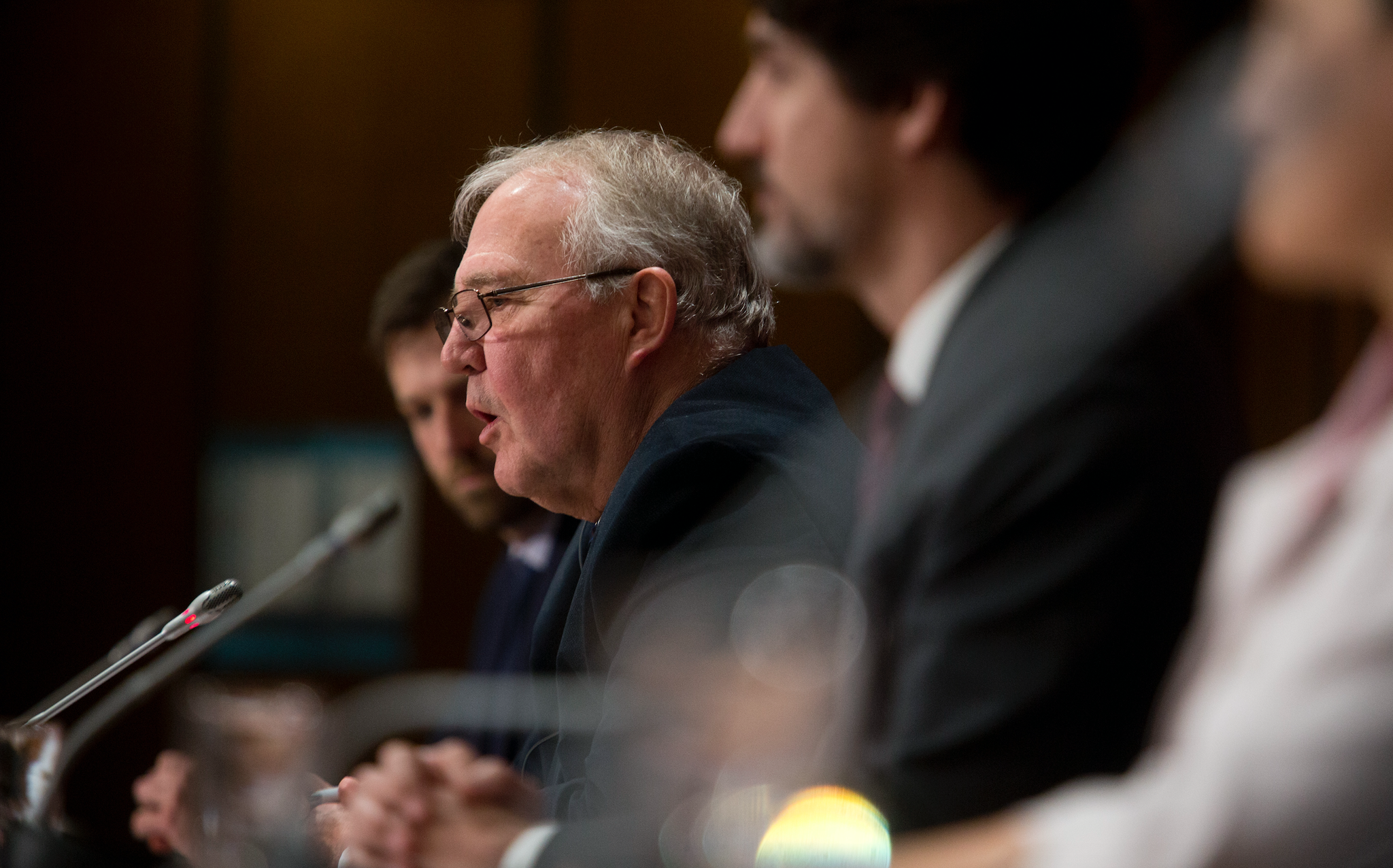 In order to make “progress” on the issue of access to encrypted communications, the federal government will have to reach out to the public and try to bring stakeholders...
In order to make “progress” on the issue of access to encrypted communications, the federal government will have to reach out to the public and try to bring stakeholders...
 In the three years since the last Canadian federal election, emerging technologies such as automated bots have rapidly evolved to make it easier to spread misinformation on...
In the three years since the last Canadian federal election, emerging technologies such as automated bots have rapidly evolved to make it easier to spread misinformation on...
Industry Canada’s new guidelines for transparency reports released by telecom companies put unnecessary limits on how information should be reported, according to two academics with expertise in...
A group of academics has received responses from most of the telecommunications companies they questioned about practices and policies relating to sharing customer information with government authorities, though these responses...
Chris Parsons suspects he won’t get the answers he’s looking for. At the very least he’s hoping the public will soon know why. Parsons, a post-doctorate fellow researching...
A group of academics have written to Canada’s leading telecommunications-service providers to ask them about the sharing of customer information with government agencies. The academics sent...
Network specialist Chris Parsons joined University of Toronto’s Citizen Lab as a post-doctoral fellow studying telecom surveillance practices. Parsons, who previously studied deep packet inspection technology as a doctoral candidate at the University of Victoria, said in an interview that he will look at surveillance of mobile devices in his new position. “In particular: what kind of data is stored and retained by Canadian ISPs over communications lines, and then how do authorities gain access to it and how often do they access that data,” he said of the research he will be undertaking. The one-year position runs through the end of September 2014, Parsons added....